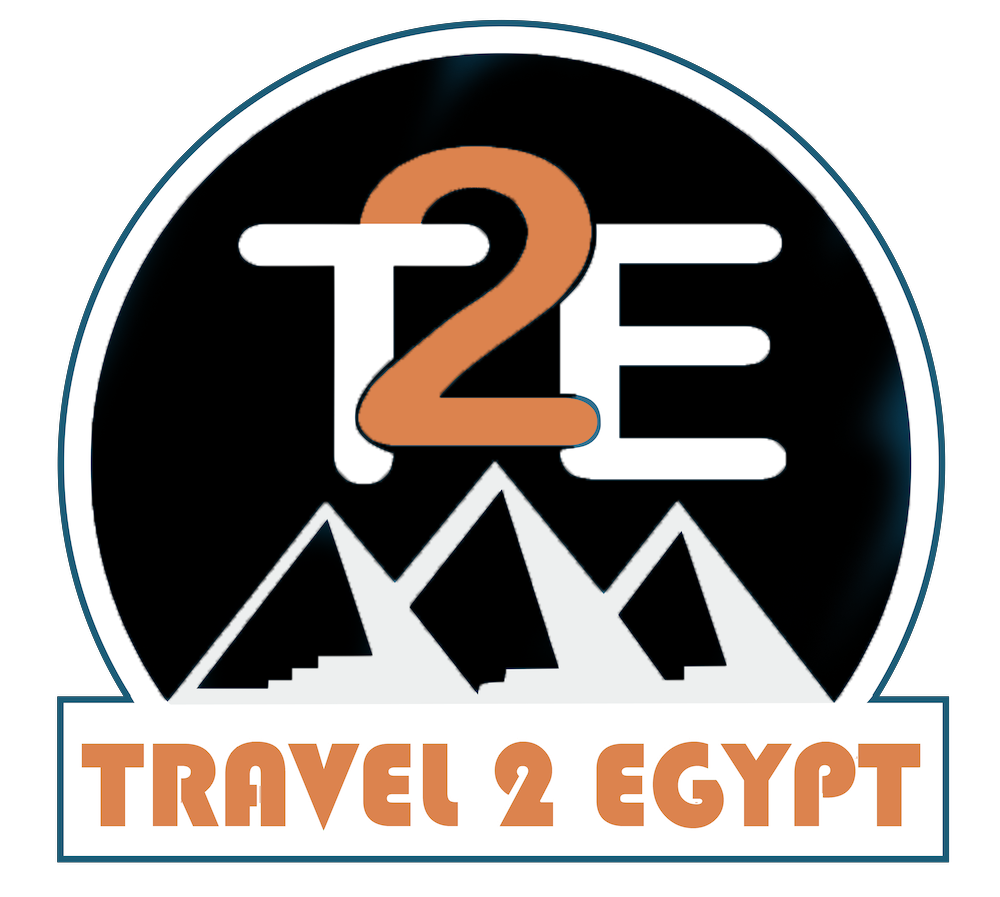Ramadan in Egypt
Experiencing Ramadan in Egypt
Experiencing Ramadan in Egypt: A Cultural Guide
Visiting Egypt during Ramadan, the ninth month of the Islamic calendar, offers a unique and vibrant experience. This period, which varies each year based on the lunar calendar, is a time of spiritual reflection, self-discipline, and community celebration in honor of the revelation of the Quran to Prophet Mohammed. Here’s what you can expect and how to navigate this special time:
Observances and Customs
- Fasting:
- Muslims abstain from eating, drinking, smoking, and other physical needs from dawn (SoHor) until sunset (Iftar).
- The fast is broken with Iftar, often a communal meal with family and friends.
- SoHor and Iftar:
- SoHor is the pre-dawn meal before the fast begins.
- Iftar is the meal to break the fast, often starting with dates and water, followed by a larger meal.
- Community Meals:
- Streets may have tables set with food, funded by local merchants and community members, where people gather for Iftar.
- Nightly Prayers and Celebrations:
- After Iftar, mosques hold special prayers called Taraweeh.
- Nights are lively with music shows, entertainment, and community gatherings.
Cultural Aspacts
- Greetings:
- “Ramadan Kareem” is a common greeting, meaning “Generous Ramadan.”
- Decorations:
- Homes, streets, and markets are adorned with the “Fanoos,” a traditional Ramadan lantern.
- The end of Ramadan is marked by Eid El-Fitr, a three-day feast with greetings like “Eid Said” (Happy Feast) or “Eid El-Fitr El-Mubarak” (Blessed Feast).
- Nightlife and Attractions:
- El Moez Street and the Al Azhar area are bustling with shops and handicrafts.
- Wekalet El Ghouri offers evening folklore arts, including the Tanoora Dance.
- The traditional Ramadan lantern, Fanus, is a common sight, adding to the festive atmosphere.
Practical Considerations
- Adjusted Timings:
- Museums, historical sites, and temples may close an hour earlier than usual.
- Some restaurants may not serve alcohol during Ramadan.
- Respectful Behavior:
- While non-Muslims are not expected to fast, it’s respectful to avoid eating, drinking, or smoking in public during daylight hours.
- Experience the Nightlife:
- The evenings during Ramadan are vibrant and full of life, making it an ideal time to explore and experience local culture.
Visiting Egypt during Ramadan offers an enriching cultural experience, filled with unique traditions, lively nights, and a sense of community. By understanding and respecting the customs of Ramadan, you can fully enjoy and participate in this special time in Egypt.

